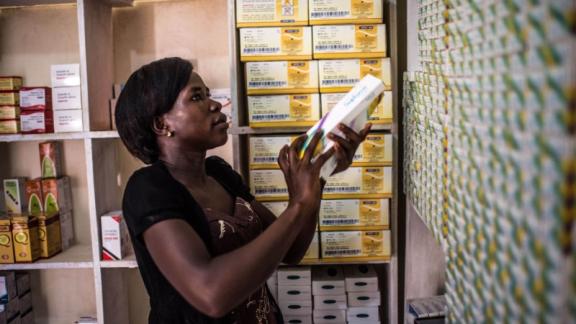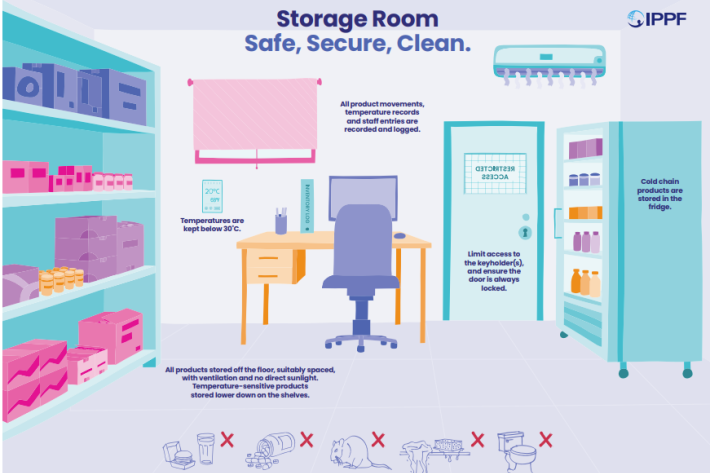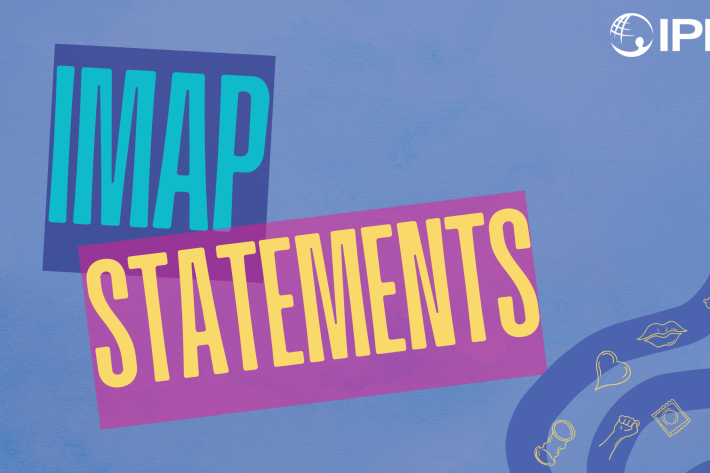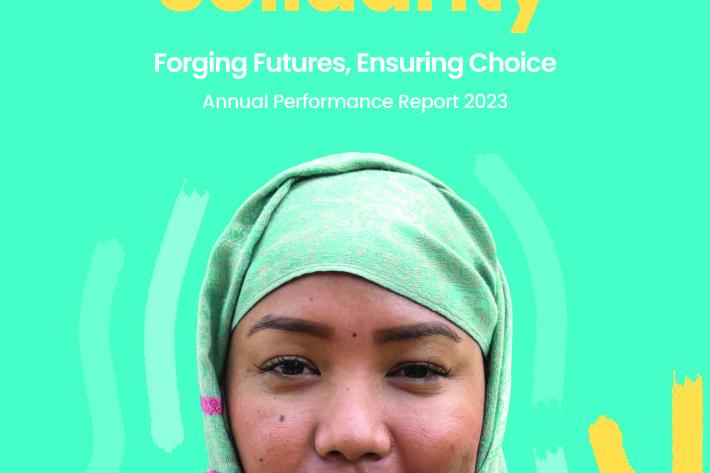Spotlight
A selection of resources from across the Federation
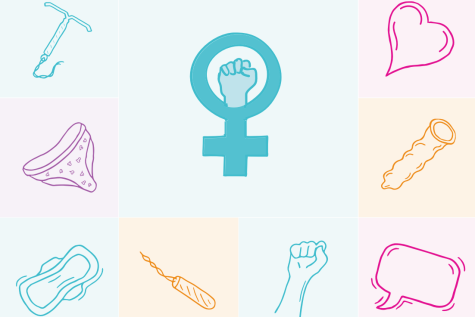
Technical Brief: Designing and Delivering Inclusive, Rights-Based Sexual and Reproductive Healthcare to Transgender and Gender Diverse People
This technical brief outlines key recommendations across several sexual and reproductive health service areas to promote access to inclusive care for transgender and gender diverse people.
Filter our resources by:


| 12 August 2024
Youth-Led Digital Solutions to Advance CSE and Adolescent and Youth Friendly Services
Commonly dubbed “the digital generation”, young people are driving innovative digital solutions to lead critical conversations related to sexual and reproductive health, rights, and justice (SRHRJ). These solutions do not come easy, as many young people still feel the brunt of the gender digital divide which further marginalises women, girls, and gender expansive people. Young people also face challenges in navigating social media platforms whose content moderation policies increase censorship on content related to SRHRJ, particularly comprehensive sexuality education (CSE). Navigating this, young content creators have created new slangs and euphemisms that help convey their messages without experiencing the impact of censorship. They also use a range of platforms to build and sustain communities of practice that enable knowledge sharing, solidarity, and best practices for delivering CSE and promoting youth-friendly sexual and reproductive health (SRH) services in hostile contexts. Youth Day 2024 honours the resilience of young people who are creating digital pathways for sustainable development. The United Nations Department for Economic and Social Affairs (UN DESA) has partnered with several UN agencies to highlight the role of young people in driving change. Actions like these are critical to affirming the power of young people who are collectively working to overcome the barriers they face daily, to increase access to information for all. It is no secret that young people, across various cultural and social contexts, are demanding comprehensive sexuality education and SRH services. Research has also shown that CSE is important for developing young people particularly in creating positive identities and sense of self and wellness, increased knowledge of their rights, and decision making. Globally, CSE is not delivered in its entirety as some topics are seen as taboo. To challenge this, youth-led organisations, inclusive of regional youth networks of the International Planned Parenthood Federation, are producing innovative digital solutions to meet their needs. From social media advocacy campaigns to virtual out-of-school CSE delivery, they are filling the gaps to improve the quality of learning for youth and ensuring that no one is left behind. "Delivering CSE in digital spaces is beneficial as it helps to foster transnational solidarity while also demonstrating the similarities in contexts and realities. More importantly, it can create a safer space to ask questions without the fear of being judged. These solutions are becoming increasingly important as across several contexts, the classroom is an unsafe space for learners, particularly of those who have been historically marginalised; LGBTQIA+ learners, learners with disabilities, and racialised people. While there are several concerns of the replacement of digital tools for real life educators, there is significant opportunity to use these tools to ensure a holistic and safe experience for learners, adequately meeting their needs and countering the spread of misinformation and disinformation."- Ashlee Burnett, Global Lead, CSE This learning brief provides an overview of the work led by youth and for youth to engage in digital advocacy and delivery of CSE in their contexts. It shows strategies for using digital solutions as a supportive tool for diverse types of CSE delivery, displaying the power of innovative digital solutions in further advancing CSE. It offers a list of five recommendations of best practices to ensure successful efforts and five case studies across four regions.
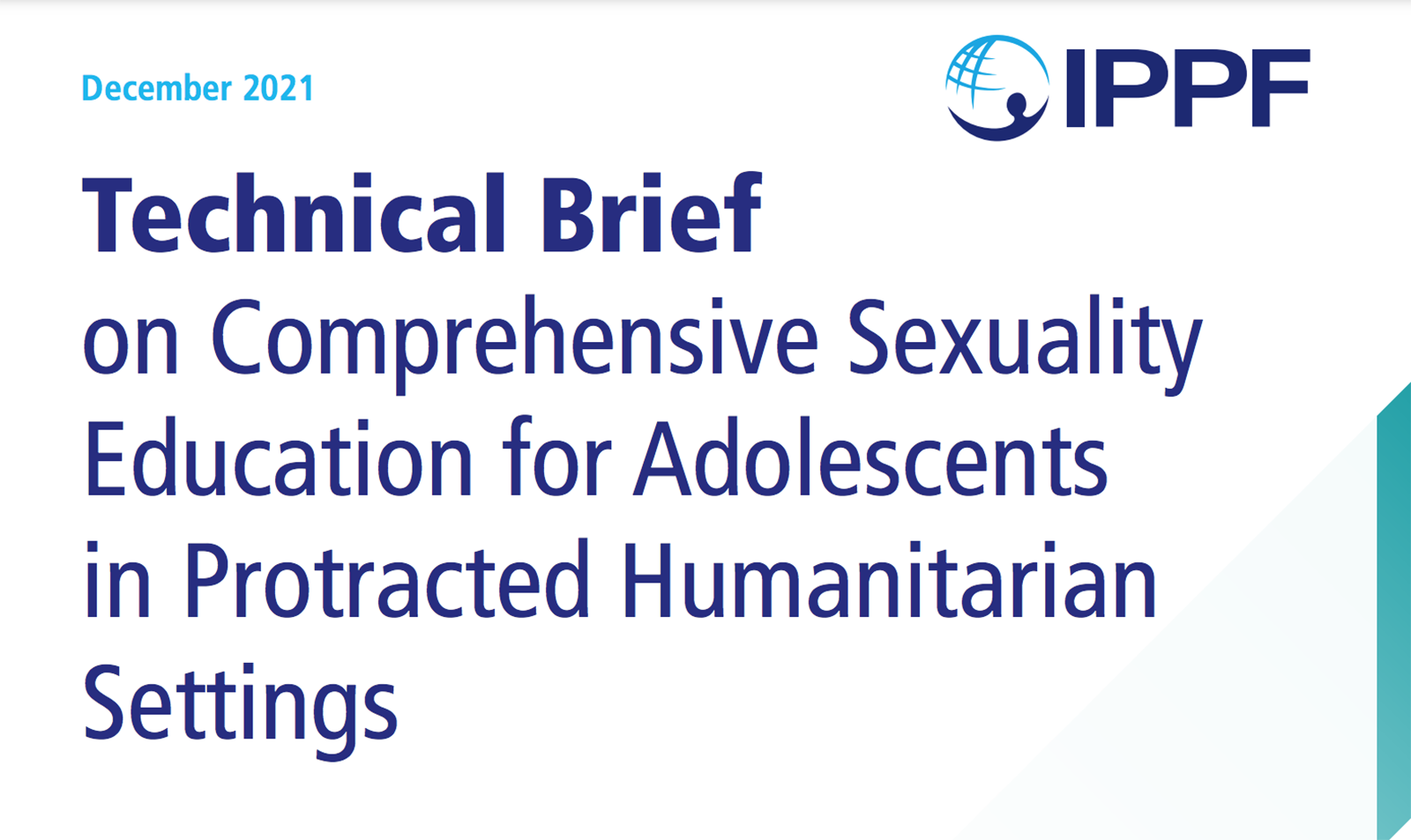
| 10 January 2022
Technical Brief on Comprehensive Sexuality Education for Adolescents in Protracted Humanitarian Settings
In line with the IPPF Humanitarian Strategy 2018–2022, we present promising practices to guide IPPF Member Associations and partners in the provision of CSE, specifically when operating in protracted humanitarian crisis environments and call the humanitarian community to action to recognize and adolescent sexual and reproductive health (ASRH) needs and rights in emergency response programming. This technical brief is available below in English, Arabic, French, and Spanish.
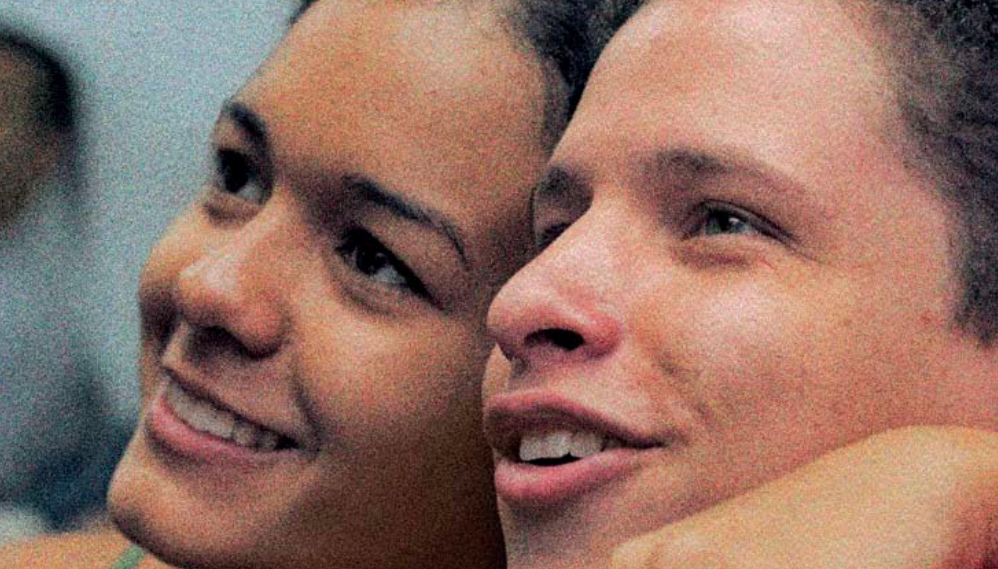
| 21 September 2020
It's All One Curriculum
Researchers have identified gender inequality as a key factor driving the AIDS pandemic. Policymakers have called for sexuality and HIV education that emphasizes gender equality and human rights. Educators want to teach young people the critical thinking skills needed to build compassionate and just societies. It's All One Curriculum responds to these calls.
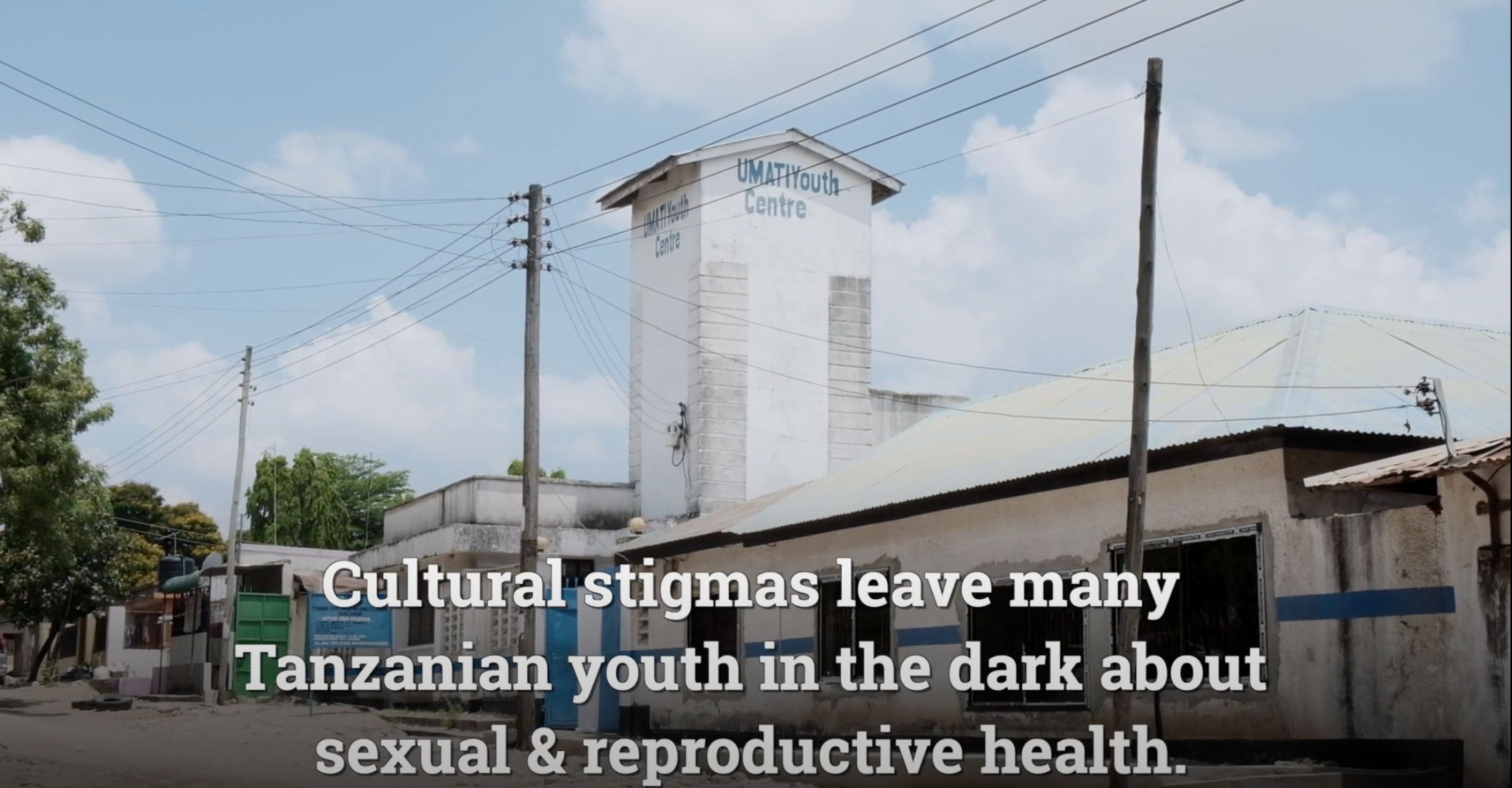
| 12 August 2020
Tanzania: A youth center on a mission to destigmatize sexual health
Cultural stigmas leave many young people in Tanzania in the dark about their sexual and reproductive health and rights. Our Member Association - Chama cha Uzazi na Malezi Bora Tanzania (UMATI) - has come up with a solution at their youth center in Dar es Salaam: peer-to-peer educators. Every week over 100 youth sign up for services and training at the center. In 2017 the Global Gag Rule pulled funding from UMATI, however, the Belgian Government stepped in with emergency funding which allowed the center to remain open through the She Decides project.
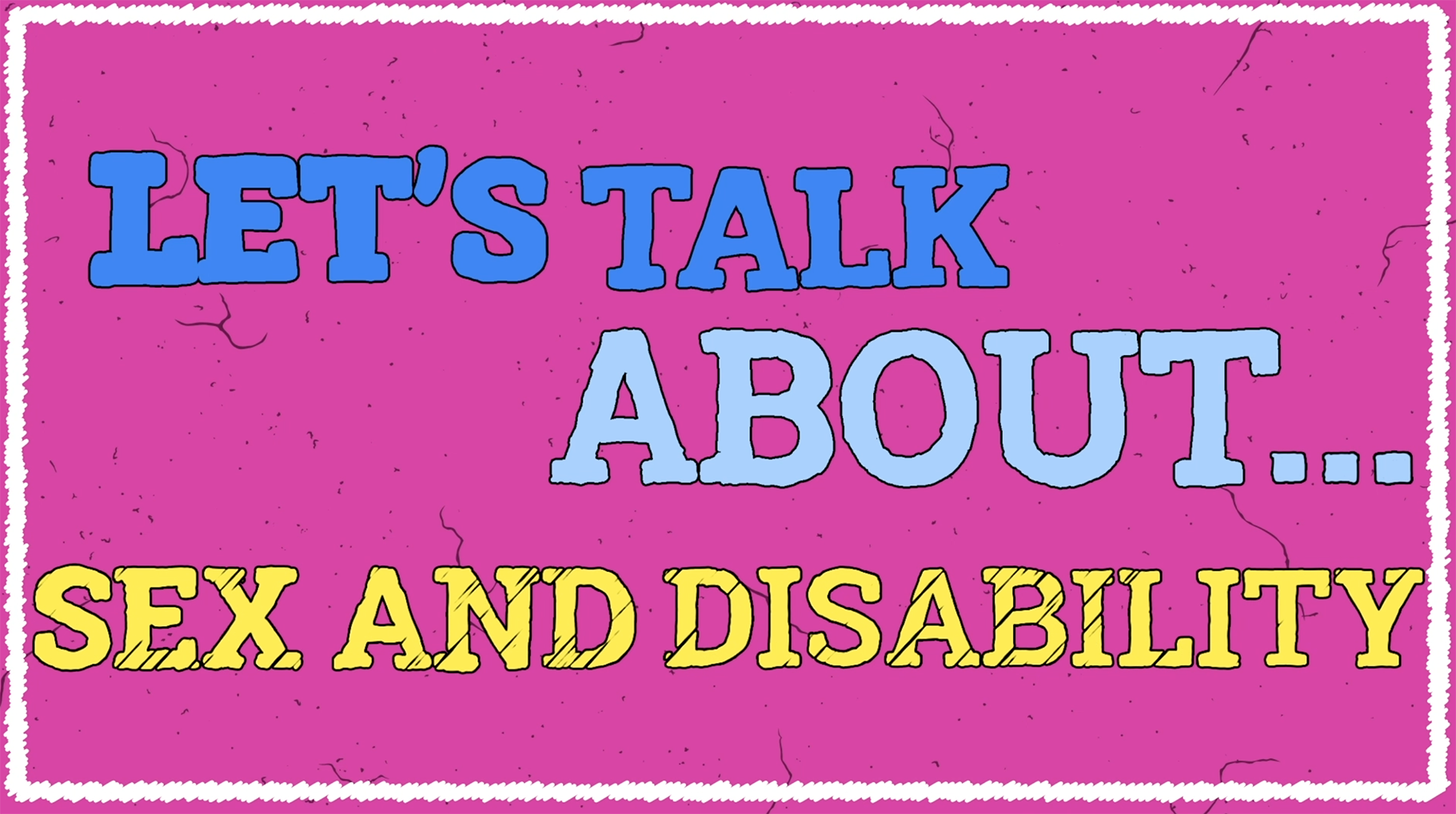
| 20 September 2019
Watch: Let's Talk About... Sex & Disability
"Disabled people are sexy" "If you’re blind, how do you have sex? And I’m thinking, what kind of sex are you having?" Our new series tackles five major topics: Sex & Disability, Sex & Pleasure, Sex & Consent, Sex Education and Sex & Social Media. In this episode, Joy and Rachelle talk about their own experiences of living with a disability and some of the stigma and stereotypes they face when it comes to sex. They also have a few handy tips (hint more people should have sex with people living with a disability) on how to incorporate your disability into your sex life!

| 21 February 2018
Relationships and Sex Education is changing in the UK
Current UK guidelines on relationships and sex education (RSE) haven’t changed since 2000; a review is long overdue. In 2020 relationships and sex education will become compulsory in schools in England. Studies have shown that well-designed and well-taught sex education can support positive sexual health outcomes, such as reducing teenage pregnancy and sexually transmitted infection rates. Brook and FPA volunteers want more than that – they want to see issues like consent, support, and mutual respect included and discussed in an open, frank and positive way. Photography © IPPF/Laura Lewis
| 11 October 2017
The contraceptive challenge II: The Young Girl
Access to contraception should never be a challenge, yet young people face stigma and barriers when they try to access to contraceptive care and information. At IPPF, we know that the lack of sexual and reproductive health care is not a game. We work with and for young people to ensure them the healthcare and education they need, so they can focus on a more important challenge: achieving their dreams.

| 19 July 2017
Myth-busting facts about withdrawal
Decided you want to learn more about contraception options? Find out more with us!

| 14 June 2017
Bringing sex education out of the classroom and into the library in Queens
Planned Parenthood partners with Queens libraries to bring sex education out of the classroom and into the library. The partnership employs the library's traditional role as a source of information creating a safe space for today's teenagers to ask for support. Photography © IPPF/Bill Kotsatos Taking sex education to teens in Queens, NY

| 31 May 2017
Safe Abortion Action Fund in Uganda
Safe abortion is heavily restricted in Uganda, yet gender inequality and sexual violence are widespread. Hosted by IPPF, the Safe Abortion Action Fund is helping vulnerable women to turn their lives around. People are learning about safe abortion and fewer girls are dying. Community attitudes have been transformed and social stigma has started to give way to human rights and understanding. Read the success stories and meet the people behind the scenes







